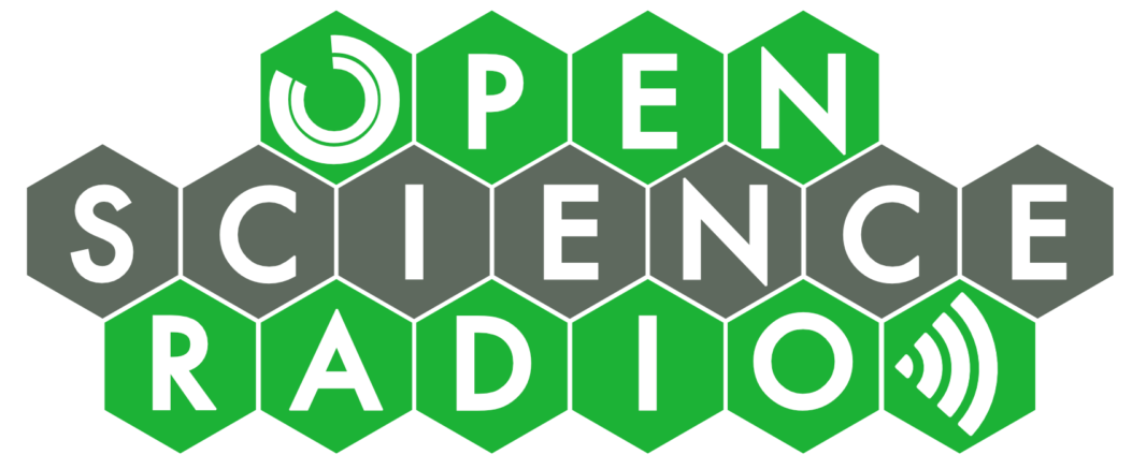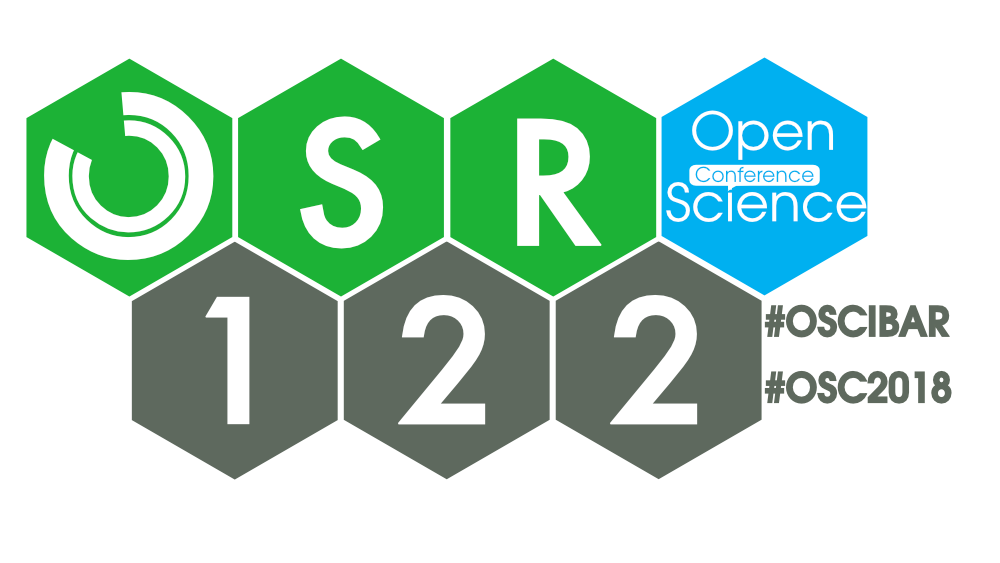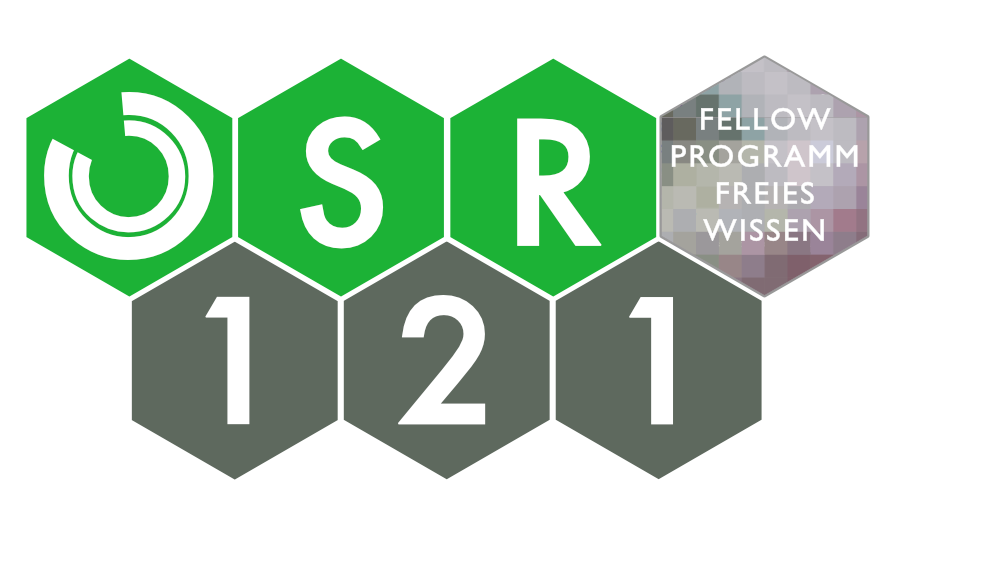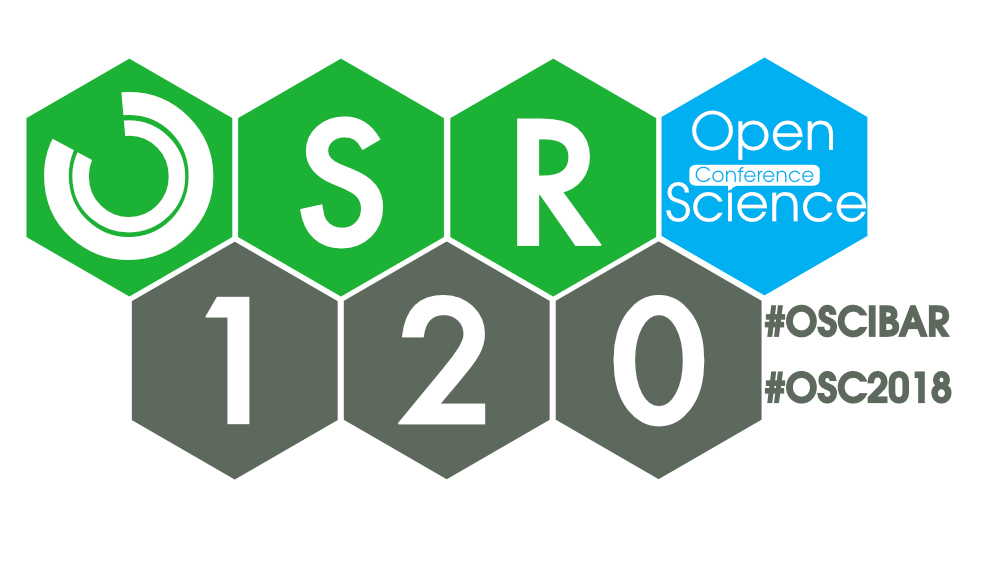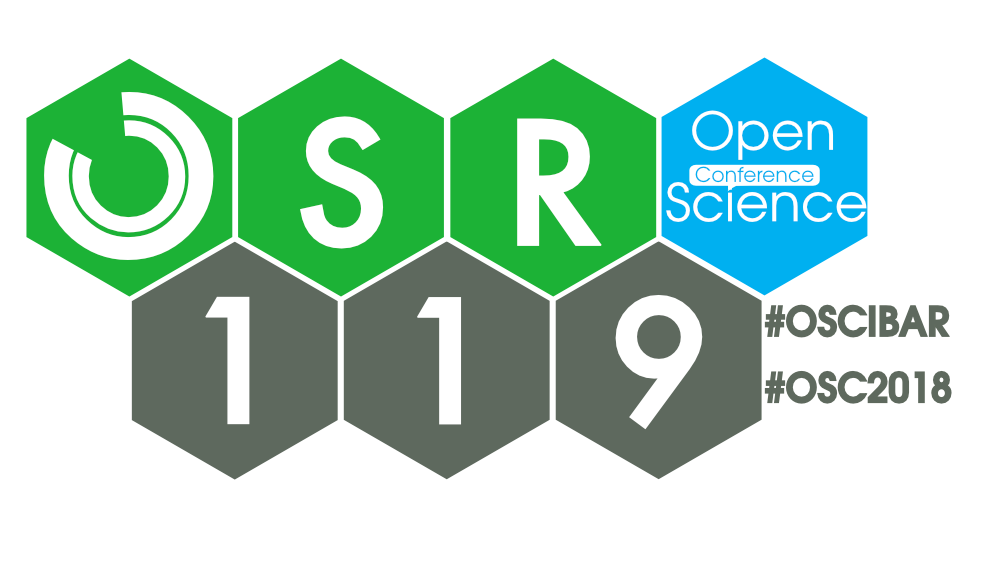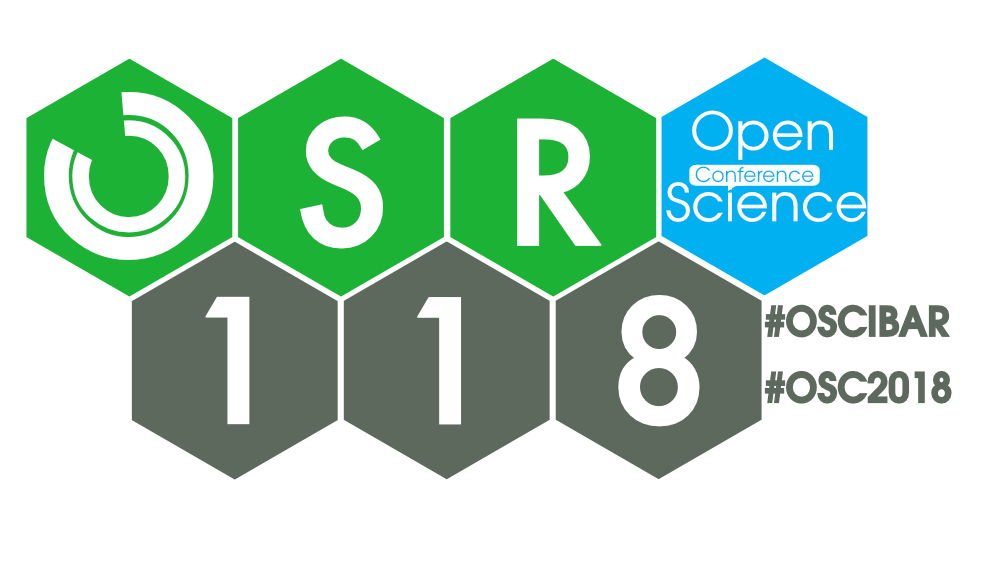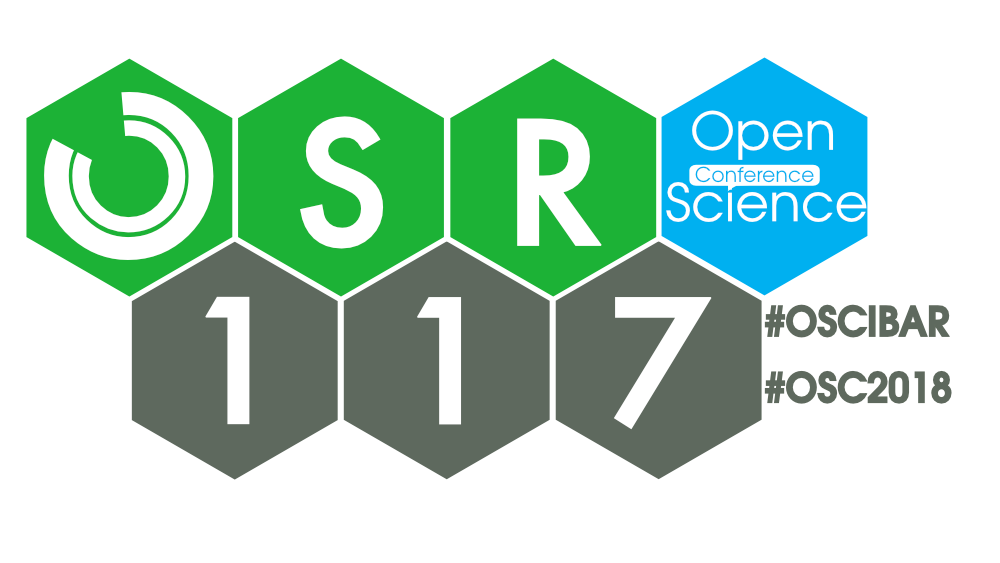As you have recognized, Open Science Radio was again attending the Barcamp Open Science as well as the Open Science Conference. This episode is a wrap-up of the 2018 run of those two (related) events, again together with Guido Scherp, one of the organizers (you’ll know him by now). Guido is providing his impressions from the two events, we share ours and discuss a few things in general, as well as a few of the talks in more detail.
And now, have fun!
Im Rahmen unserer kleinen Reihe zum Fellow-Programm Freies Wissen – dem Gemeinschaftsprojekt von Wikimedia Deutschland, Stifterverband, VolkswagenStiftung (und weiteren Unterstützern) – widmen wir uns in einer dritten Episode weiterhin der Innenansicht des Programms. Dazu haben wir uns wieder einen Fellow und eine Mentorin eingeladen, um von ihren Projekten, aber auch ihren Erfahrungen zu berichten. Zu Gast sind Mentorin Katja Mayer und Fellow Peer Herholz, der mit seinem Projekt ALPACA einen Beitrag zur (automatischen) Kennzeichnung und Funktionslokalisierung des auditiven Cortex leisten will. Vielen Dank an die Beteiligten, aber auch an Sarah Behrens und Christopher Schwarzkopf für den Kontakt hinter den Kulissen!
Hinweis: Wikimedia hat vor kurzem bekanntgegeben das Fellow-Programm auch 2018/2019 fortzuführen, die Bewerbungsphase ist jetzt bis zum 15. Mai geöffnet! Weitere Infos zur Bewerbung finden sich auf der Wikiversity-Seite.
Und nun, viel Spaß!
OpenAIRE supports the European Commission’s Open Data Pilot. At the Open Science Conference poster session, Ellen Leenarts from OpenAIRE-Advance gave us a bit more insight in their survey about how the data management plan requirements in H2020 (PDF) are perceived by researchers and research supporters.
As the amounts of research data are ever-growing and data value becomes even more important with respect to data sharing and reuse, the organization and management of data is an incredible important task. The Research Data Management Organiser (RDMO) is a tool developed to solve this task, enabling researchers to plan and manage their research data across the entire research data life cycle. Jochen Klar from the Leibniz Institute for Astrophysics Potsdam (AIP) told us more about it at the Open Science Conference poster session.
At the poster session of this year’s Open Science Conference, Rok Roskar was presenting his poster on the data science platform RENGA. Developed by the Swiss Data Science Center, RENGA is an open-source, highly scalable platform fostering cooperation in data science. Ros was so kind to provide us with more info about the platform.
At the Open Science Conference’s poster session, Martyn Rittman (Editor at MDPI Open Access Publishers and director of preprints.org) presented a poster about his research on preprint servers. He was so kind to share his insights with us in a short interview.
